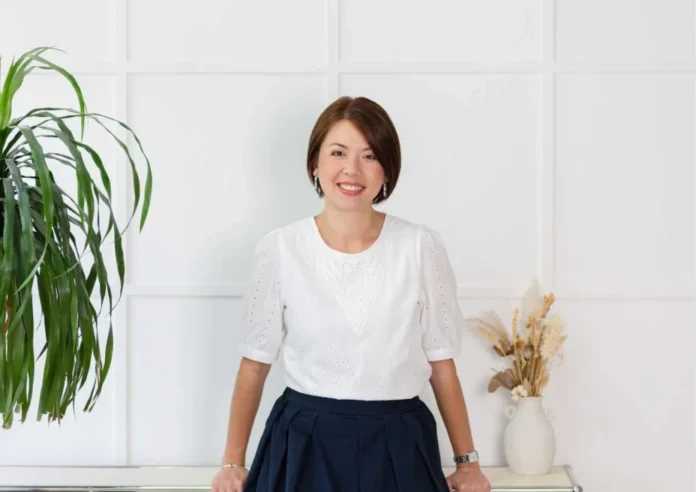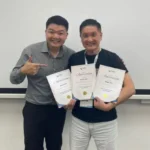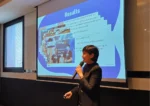When passion meets purpose, the journey is nothing short of fulfilling. Jemie Wang, Founder of Flourish Cove Psychology, embodies this sentiment as she navigates the intricacies of mental health care. With almost two decades of experience, her role as a Clinical Psychologist is much more than a profession—it’s a calling that offers deep personal meaning....
RELATED ARTICLES
© NewInAsia.com 2025








